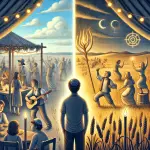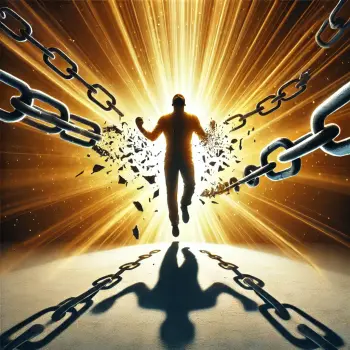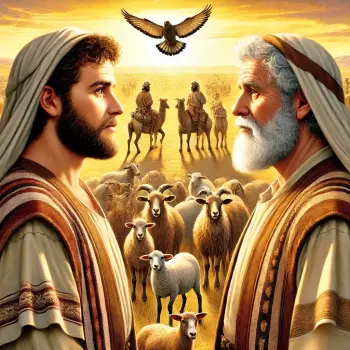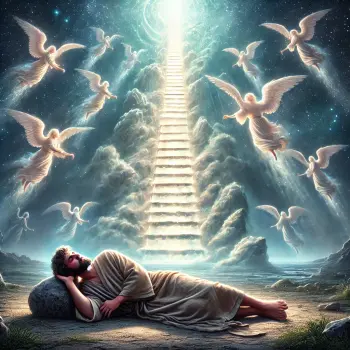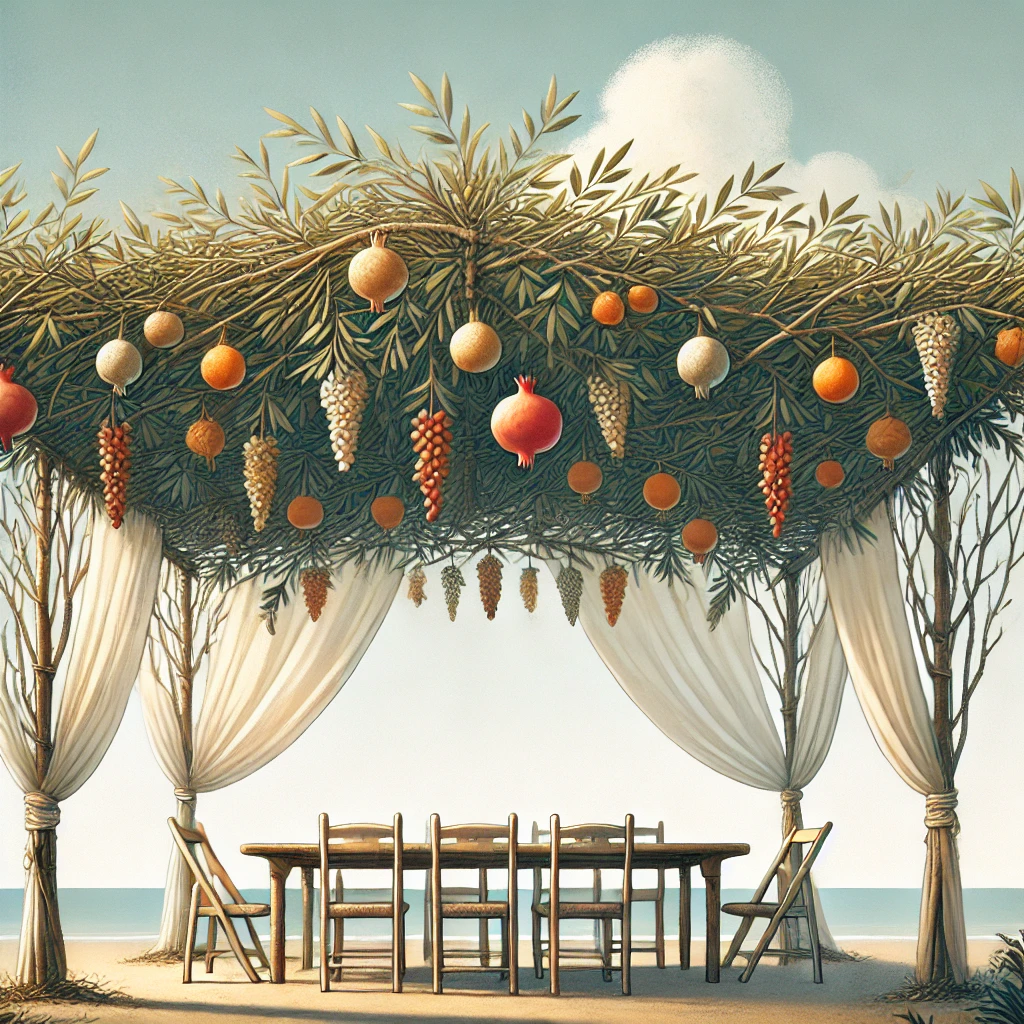
As we prepare to celebrate Sukkot, we feel a connection to what seems to be the most basic, primal holiday of the Jewish calendar and yet, in many ways seems to be the most contemporary.
Sukkot at its core is the celebration of the fall harvest, the largest harvest of the year. Every agrarian culture has a major celebration surrounding the harvest, rejoicing that there will be enough food to get through the winter season. In that sense, as well as others, Sukkot is the most universal of Jewish holidays, tapping into roots shared by all of humanity.
Contradictions
What makes it feel contemporary are the contradictions inherent in Sukkot. While the other two pilgrimage festivals have themes that clearly address contemporary concerns, Sukkot’s lack of clarity is what makes it feel so well-suited as a symbol of our times. Let me explain. Passover, or Pesach, has the aspirational message of freedom enshrined in the story of the exodus from Egypt which speaks to every group or individual seeking liberation from oppressive conditions. Shavuot represents revelation on Mt. Sinai speaking to all those seeking insight and knowledge, especially appropriate to our generation of seekers. Sukkot represents 40 years of wandering in the wilderness.
Many would say this represents life prior to GPS; my wife might say it represents my life prior to marriage. The connection between the 40 years of wandering and Sukkot is the sukkah, the temporary hut that people “dwell” in during the weeklong festival. Dwelling consisting of eating meals in the sukkah and in more temperate climes even sleeping in the sukkah. In most of North America, building a sukkah virtually guarantees copious quantities of water falling from the skies, as well as temperatures suddenly plummeting.
Sukkot, the plural of sukkah, referring to booths themselves, are meant to be temporary. Three and a half walls quickly thrown together by amateurs who frequently don’t really know what they’re doing and roof consisting of small branches or corn stalks so that you can see the stars above. Add rain and wind and what could possibly go wrong?
Sukkah: Human hut or divine cloud?
The bigger problem conceptually is where the idea of he sukkah comes from. Many texts say the sukkah represents God’s sheltering presence, protecting the Israelites in the wilderness. It is the metaphor made real. But in Leviticus 23:42-43, where the command to live in booths or sukkot is found, God specifically says, “Because I made the Israelites live in sukkot when I brought them out of Egypt.”
One slight issue with that verse is that nowhere in Exodus, Leviticus, Numbers, or Deuteronomy, which discuss in detail the 40 years in the wilderness, is there a mention of living in sukkot, other than this verse. Now if you were looking for tents, you’d find hundreds of references, but sukkot, none. Perhaps this is akin to my mother telling me when I was younger to clean my room and I dutifully did so. We just had a disagreement on the definition of the word “clean” with me choosing a less restrictive meaning. Could tents then be sukkot? Or is it a nostalgic view of the Exodus experience?
In any case, the physical sukkot are flimsy and vulnerable, while God’s shelter is secure. Sukkot emphasizes the tension between vulnerability and security. Everyone desires security, materially, emotionally, spiritually. But the vast majority of those around the world experience vulnerability. Forty percent of the planet is already vulnerable to climate change, thirty five percent cannot afford a healthy diet, and millions live their daily lives in conflict zones. Clearly security is lacking for a significant segment of the world.
Does strength bring security?
Just as important, the things that often make us feel more secure are often the very things that lead to greater vulnerabilities. Our reliance on technology to make our daily lives easier and less complicated makes us even more vulnerable to its disruptions.
The Titanic was built to be unsinkable. Belief in its indestructibility led to too few lifeboats and being lax in dangerous conditions. As a result, 1,500 people died because too much trust was placed in machinery.
In 2007-8 we almost suffered a global financial meltdown because the experts were were certain that the market was big enough to handle almost any level of risk and that the financial firms were too big to fail. Their security and faith were misplaced and billions were impacted by shrinking economies and the loss of jobs.
Depending on technology for national security and deterrence not only opens up the possibility of hacking, but hubris often causes us to disregard or downplay more conventional systems of defense. Much like the Germans sweeping around the Maginot line, Hamas bringing down cameras, sensors, and barriers, thwarted Israel’s defensive measures. Overreliance on technology without the benefit of human analysis can lead to tragic results.
Sukkot serves as a reminder not only of life’s great bounty and the fragility of our lives and our planet, but of how that largesse in natural and human resources can lead our lives, like the sukkah, to tumble under unexpected winds and rain.
May this Sukkot bring us joy, plenty, and wisdom.



